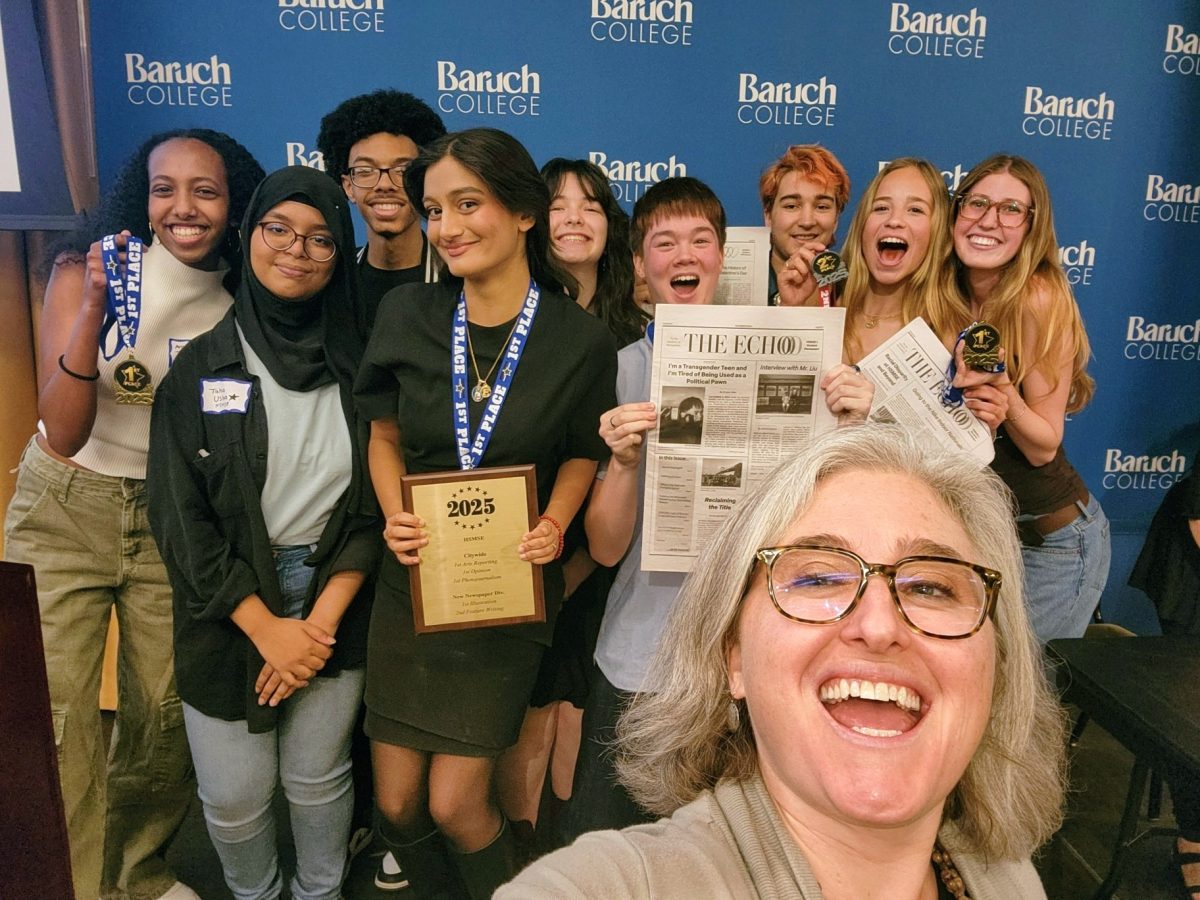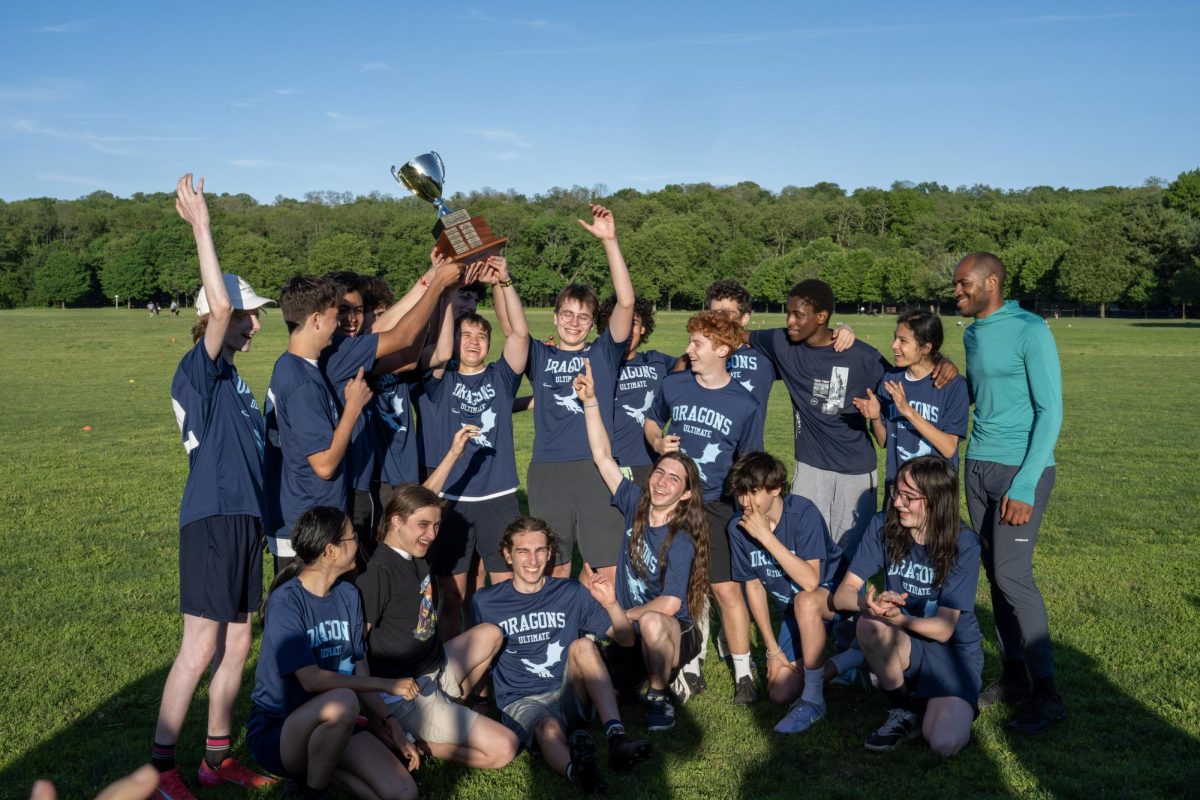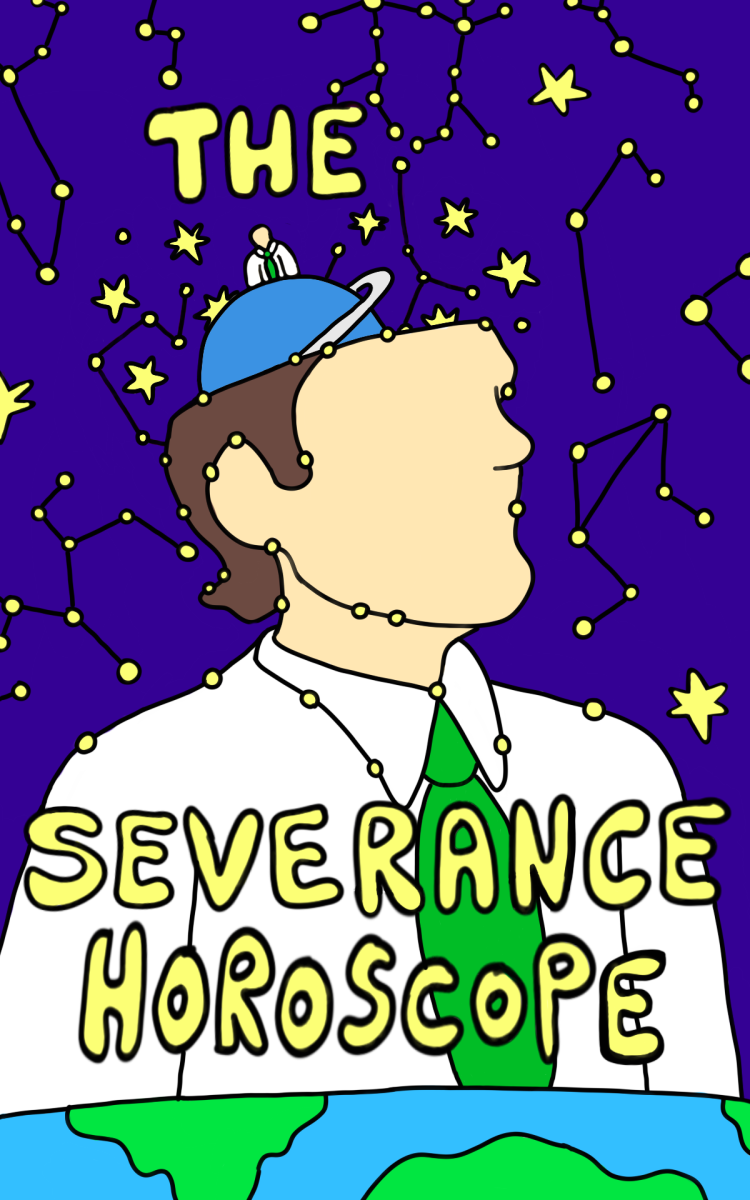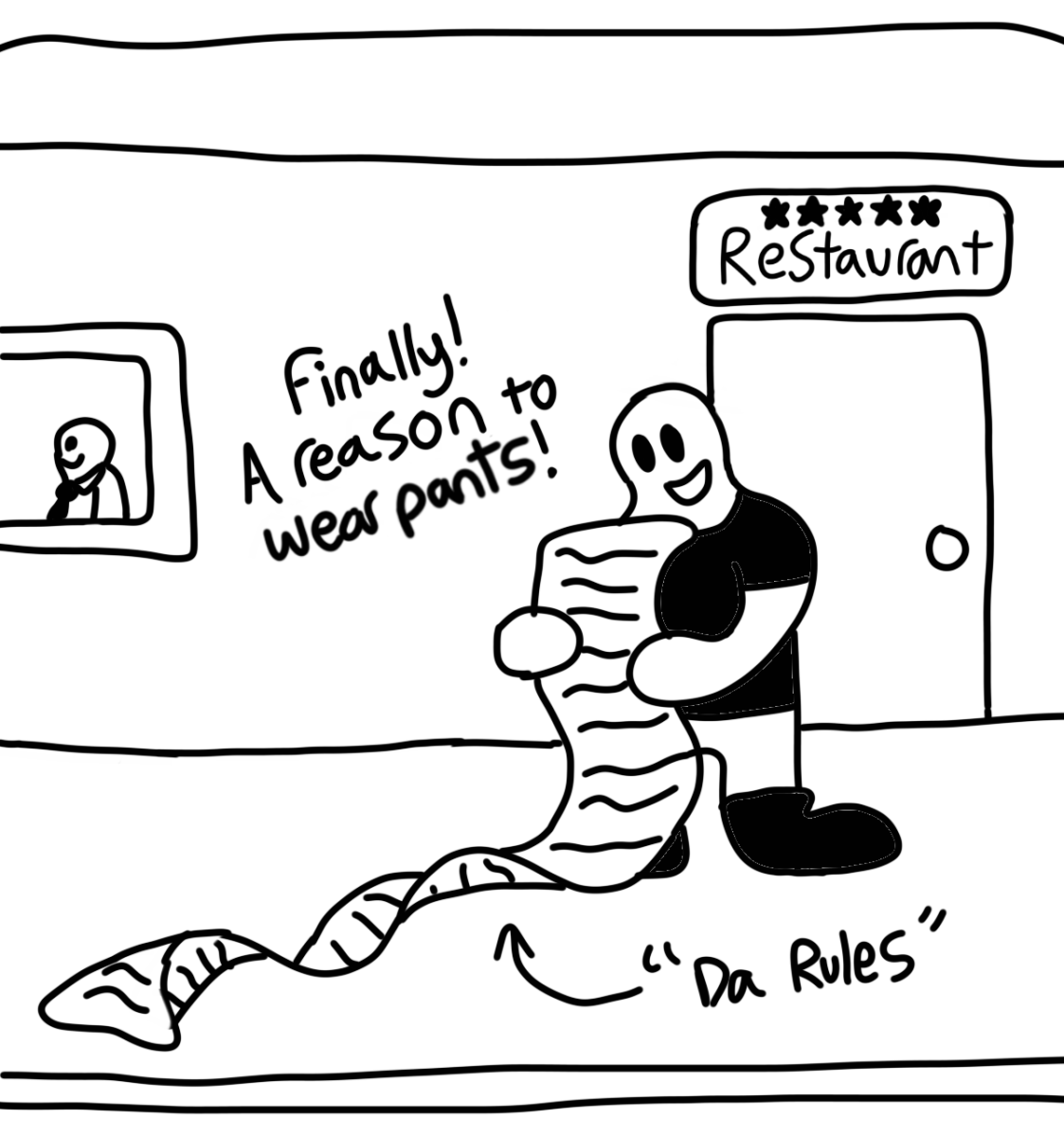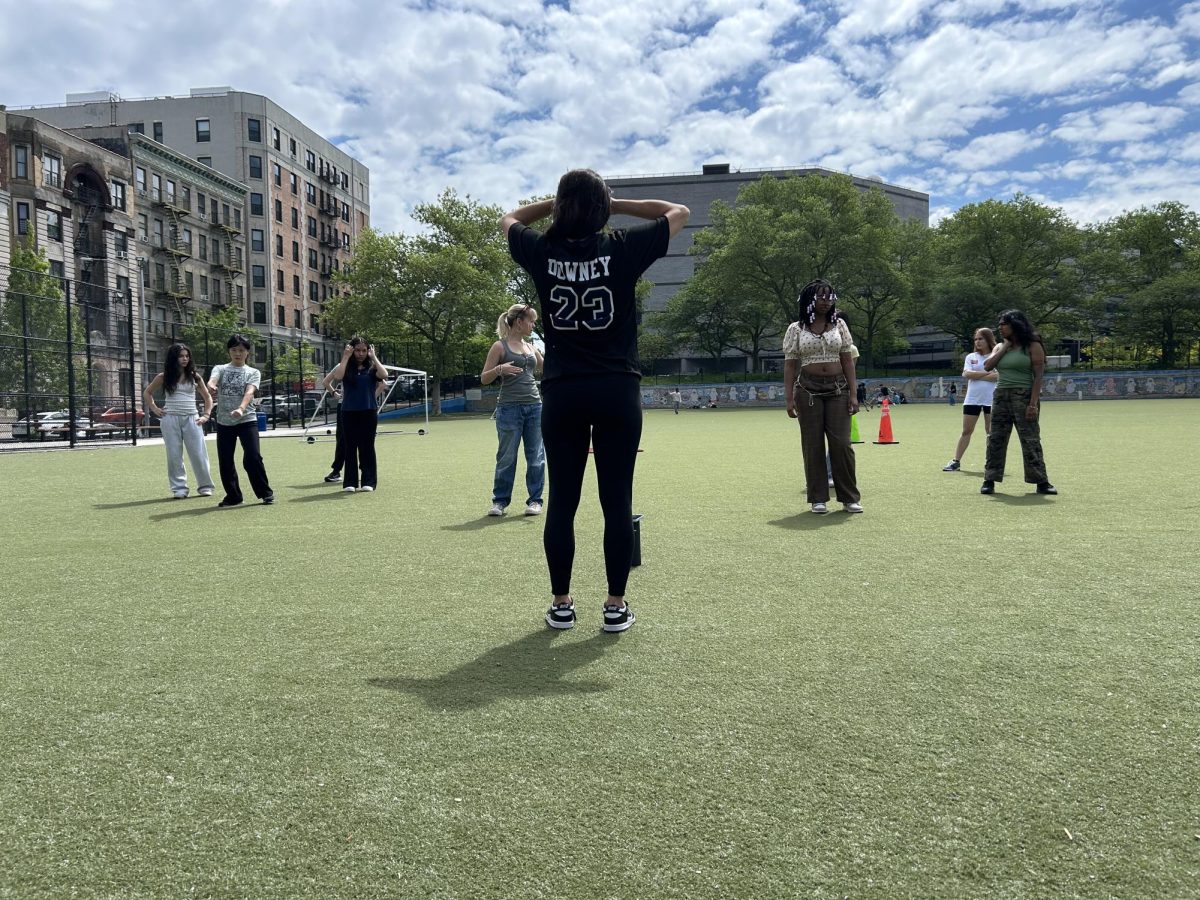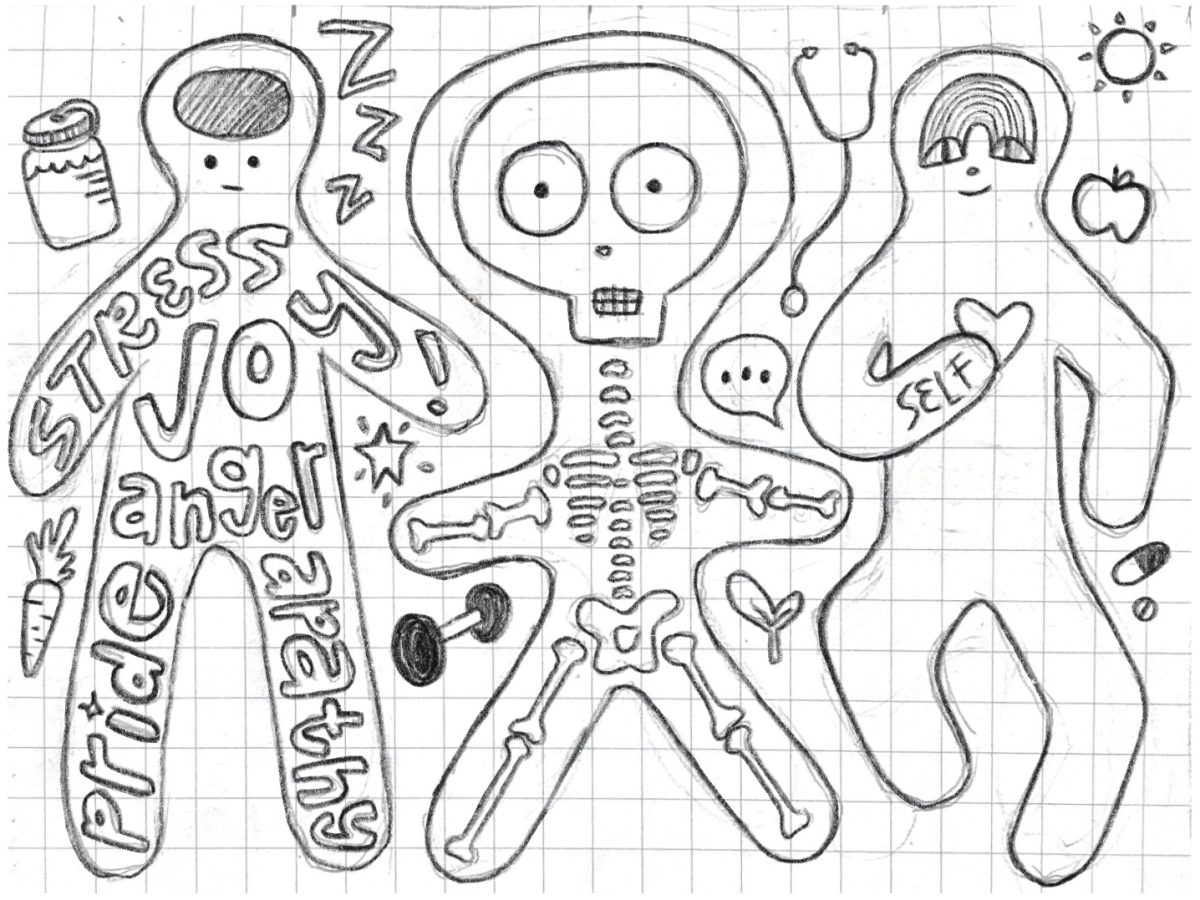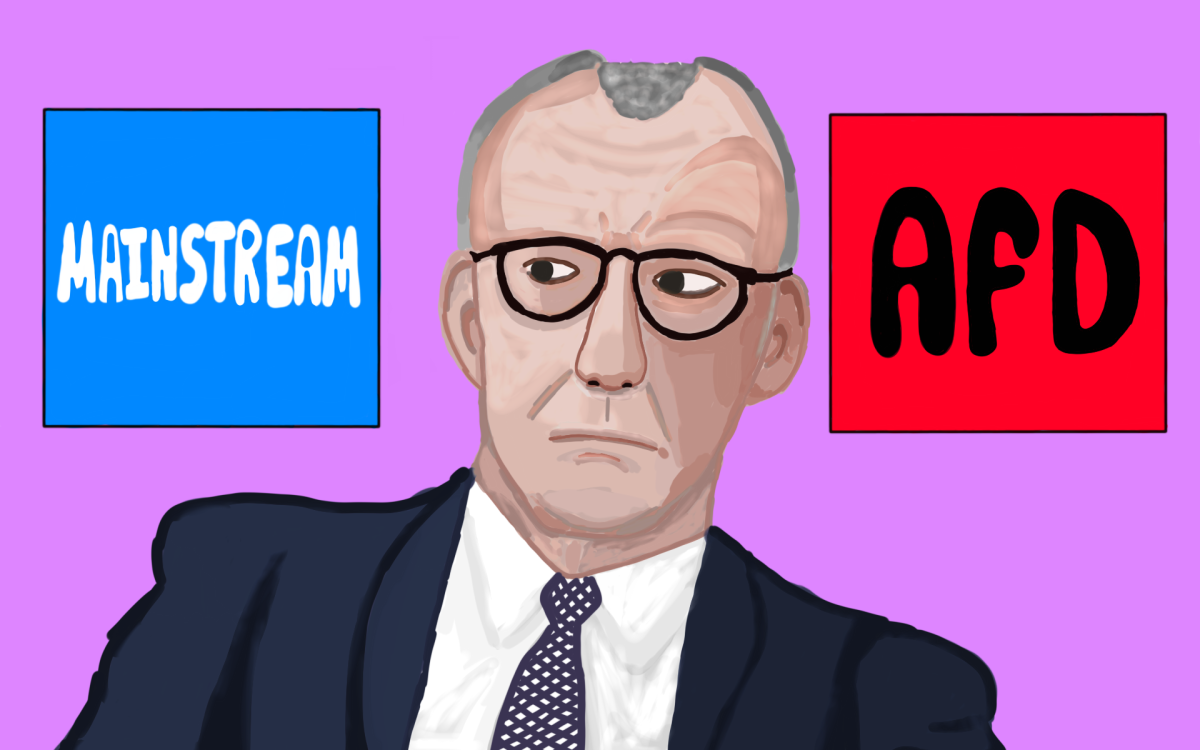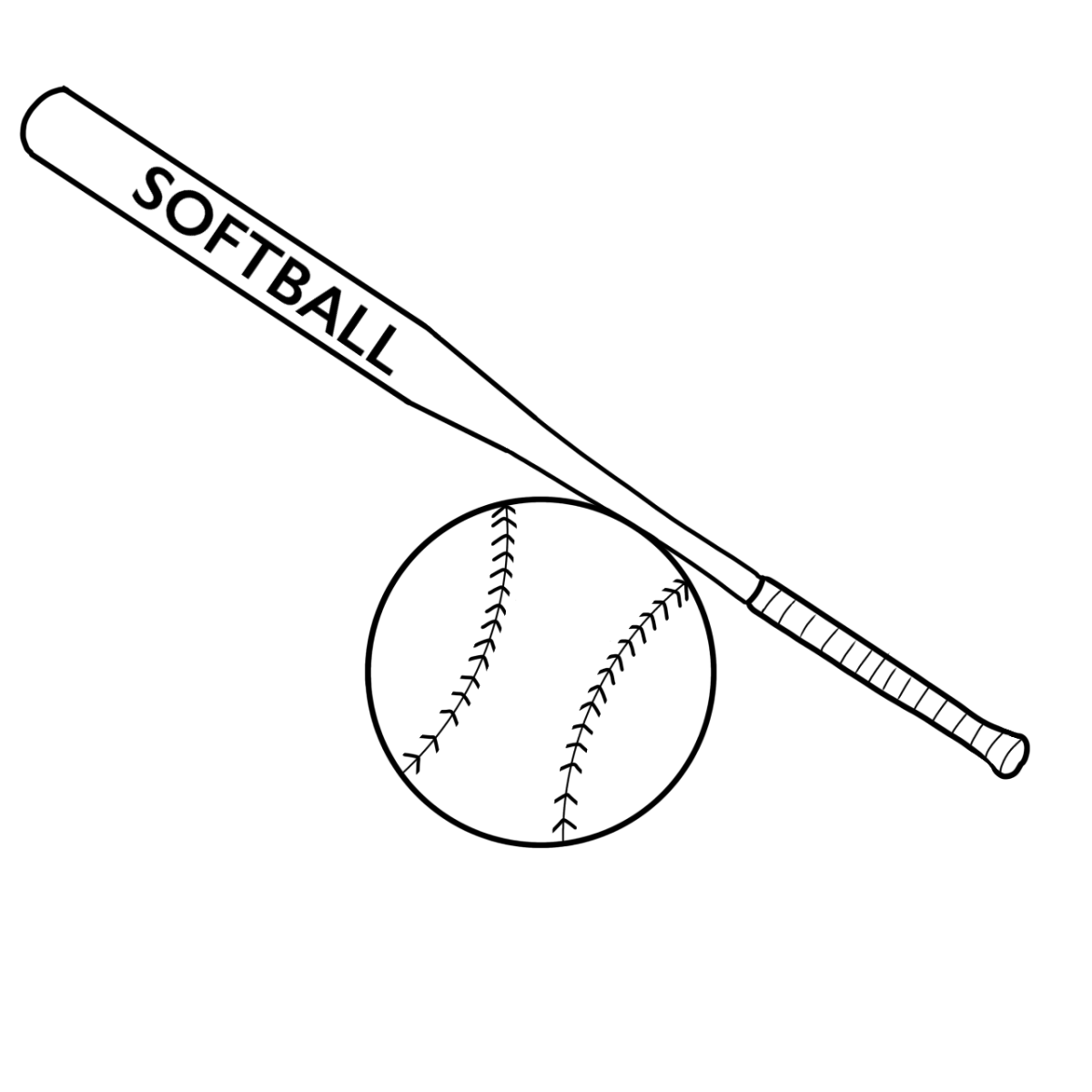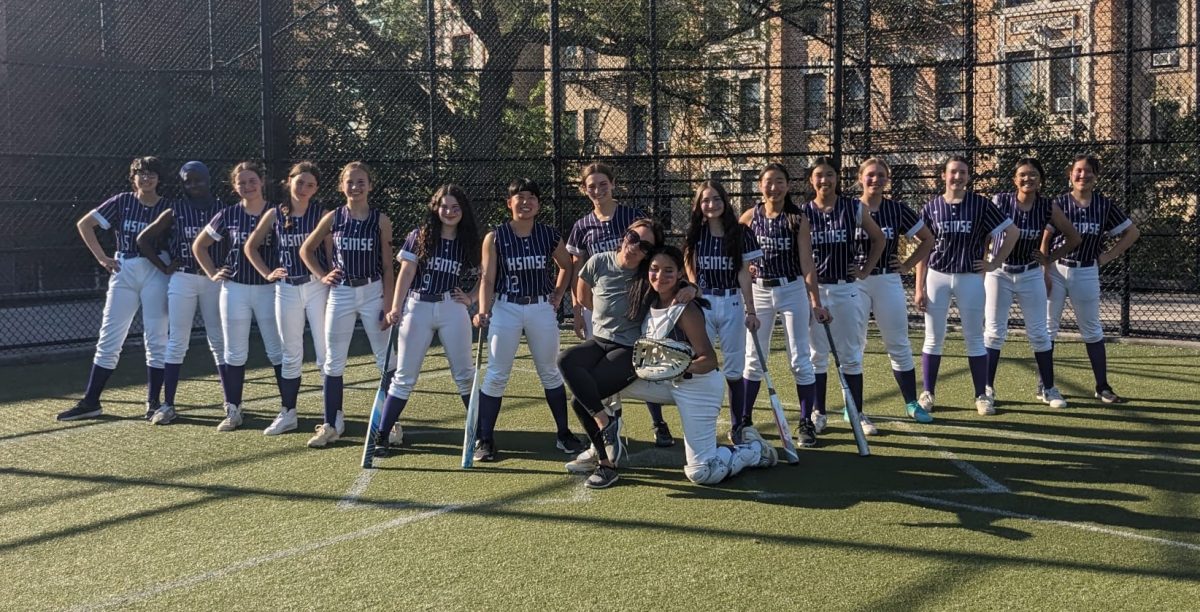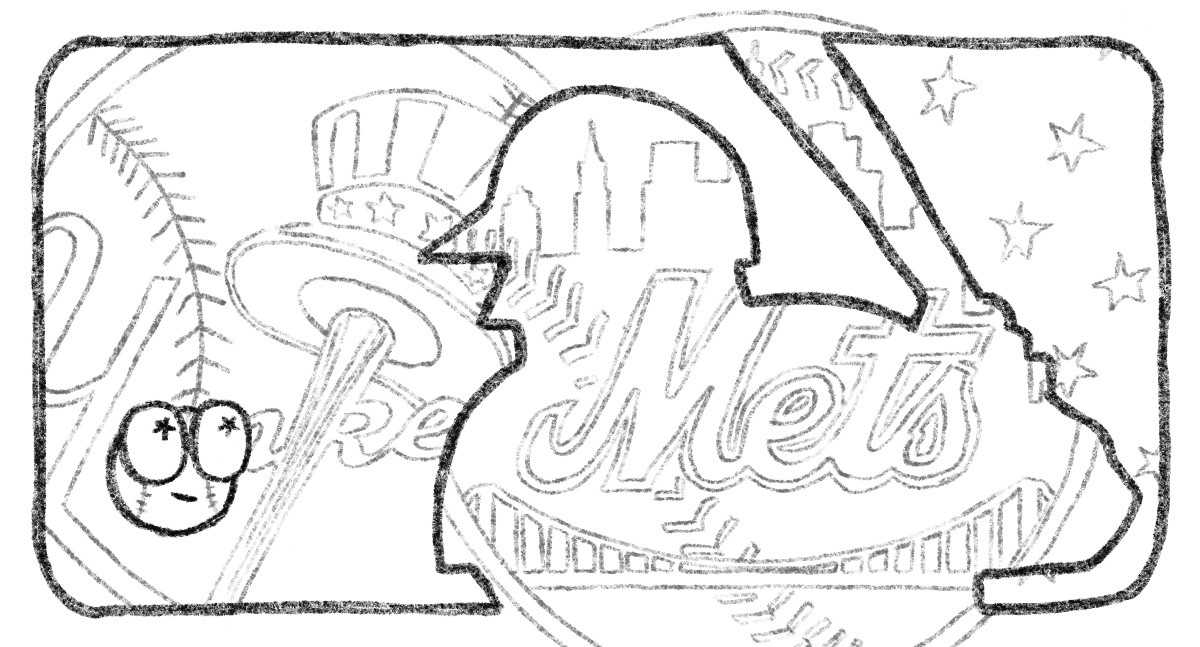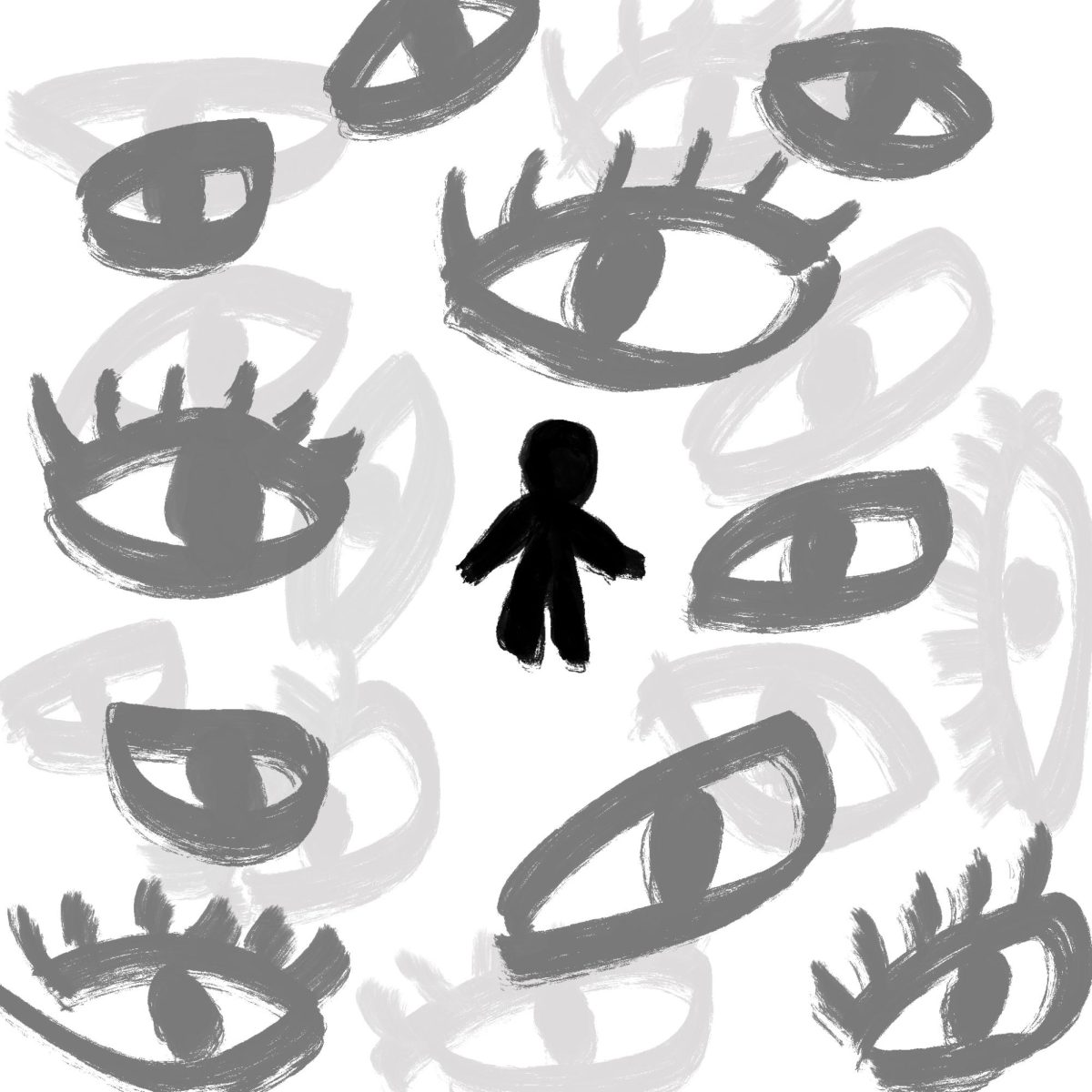Thanks to the internet, people have gained unprecedented access to their favorite media, and a window into the lives of those who create it. Through interviews, clips, and social media posts, fans can instantly find out anything they want to about a celebrity. Because of this, people have developed toxic obsessions with individual stars, and parasocial dynamics have risen between celebrities and fans. First coined in 1956 by American sociologists Donald Horton and R. Richard Wohl, the term parasocial relationship refers to a one-sided connection wherein one person invests emotional energy and care, while the other party is unaware of their existence.
For a long time, it has been widely accepted that any famous person will be regularly photographed and approached in public, and that stalking and disregard for personal boundaries will be a constant in their lives. Society expects celebrities to be grateful for their fans and fame no matter what, making it taboo for a celebrity to complain about being approached in public.
This phenomenon has recently been the subject of much controversy, and musician Chappell Roan’s anger at fans demanding her time and attention has brought the discussion to the mainstream. She posted a TikTok that sparked a lot of discussion online: “I don’t [care] if you think it’s selfish of me to say no to a photo, or to your time, or to a hug. That’s not normal, it’s weird! It’s weird how people think that you know a person just because you see them online.” She’s also repeatedly expressed disgust about fans finding her personal information, such as her sister’s identity and workplace. The media’s reaction has been mixed—some people think Roan comes off as aggressive or ungrateful, while others believe those who cross her boundaries are “not real fans.” Regardless, she broke the ice on a subject that has been on people’s minds for years.
When one feels personally connected to a celebrity, it can be difficult to understand that their fascination is one-sided or that the person they idolize doesn’t know or care who they are. As a result, fans often feel entitled to attention and love, and behave in a way that endangers or crosses the boundaries of their idols. Many people don’t care how celebrity attention manifests itself; they’ll call the cops on their favorite streamers, act inappropriately in person, or throw shoes at their favorite musicians in concert.
In his recent song, “Noid” (short for paranoid), Tyler, The Creator discusses how he feels he’s constantly being watched and his safety is being threatened due to his celebrity status. In the music video, a woman runs up to his character while waving a phone in his face, which he imagines to be a gun. He runs home, where he stands alone in his living room and hallucinates himself being robbed at gunpoint. He raps, “I can’t even buy a home in private / Home invasions got my brothers dyin’ / Notice every car that’s drivin’ by / I think my neighbors want me dead.” Unfortunately, his fears are not unfounded; many celebrities are put in genuine danger by fans’ behavior.
Doxxing (searching for and publishing private information about people online) has become a rampant fear among media personalities, and not without merit: Even minor stars experience stalking. In 2015, a famous drag queen known as Katya had to post a video begging fans to stop coming to see her. After occasionally posting photographs near where she lived, people started coming to her home and place of work after identifying a dumpster in the photos. Katya blamed herself for their reprehensible behavior, saying, “I realize that I have sort of conducted myself in a way that has definitely given off the impression that I don’t care about boundaries, and it’s my fault … you just can’t come to my house.” Such a boundary should not have to be stated for people to realize that their behavior is inappropriate.
All of this unwanted attention stems from a fascination with famous people that is as old as fame itself. Ever since the entertainment industry has existed, media outlets have noticed the public’s desire for celebrities’ personal information and taken advantage of it. Sources ranging from paparazzi to British tabloids to People magazine are well known for physically endangering celebrities or spreading damaging gossip about them. Disgraced talk show host Ellen DeGeneres, who hosted The Ellen DeGeneres Show from 2003–2022, actively attempted to pry sensitive information from her guests despite their refusal. One of the most egregious examples was in 2008, when she interrogated Mariah Carey about pregnancy rumors that were being discussed online. She continued to press even after Carey replied, “Don’t discuss that,” and forced her to drink alcohol. It turned out that Carey had been pregnant, but wanted to keep it private in the wake of a recent miscarriage. She unfortunately suffered another miscarriage following the interview, and she and her husband emphasized the discomfort of the questions. They had both suffered a terrible loss, and wanted to keep their private business to themselves, but online curiosity didn’t allow them to.
You aren’t part of the lives of the people who make the media you consume. It may feel like you understand them and are connected to them on a personal level, but you’re not; idolizing and chasing after celebrities can only harm them. They’re not gods, they don’t know you, and you don’t know them.








